§ Craig Fischer looks at the work of Michel Rabagliati, a French-Canadian cartoonist who, for several years, has been turning out a series of beautiful graphic novels starring “Paul”, a thinly veiled version of himself. Rabagliati’s work is fairly straightforward, and Fischer has reevaluated its simplicity:
Recently, after hearing that a new Paul book was on the way (Paul Joins the Scouts, forthcoming in English from Conundrum), I re-read all of Rabagliati’s books, and liked them much more. Optimism and simplicity do characterize his comics, but I discovered complexities there too, especially when I traced connections among the various books. Although each graphic novel stands alone, the entire Paul project is Rabagliati’s ongoing, thinly fictionalized autobiography, with each book focused on a particular period in his life. The Paul books all share the same chronology and many of the same characters, and across multiple volumes Rabagliati’s autobiography gradually assumes a greater density, closer to that of life itself. I’ll explore this density by talking about the organization of one individual Paul novel, Paul Goes Fishing, before sticking my toe into the deeper sea of networked motifs and narrative strategies in the series as a whole.
It’s true that the Paul books aren’t densely multi-layered narratives, and the overall tone is sweet, but they are also extremely effective in conveying the time and place of a young boy (later a young man) discovering life and its complexities. They are definitely the kind of books you could give to someone who is just getting into comics and likes memoir. And the art is outstanding. I just read Paul Joins the Scouts and it’s an underplayed story that packs a big gut punch at the end.
§ For something that is not even on the same planet as simple, Jeffrey Gustafson has been analyzing Naoki Urasawa’s Pluto in some detail. This 8-volume manga is Urasawa’s reimagination of Osamu Tezuka’s “The Greatest Robot on Earth.” This is Watchmen and Flex Mentallo rolled into one. I’ve gone on and on about he greatness of Urasawa, and Pluto is probably his most easily accessible work, although it deals with issues of humanity, identity and human interaction in a multi-layered mystery that grips you from the first page.
Urasawa’s staging of even simple events utilize the comic medium in simple and very effective ways. In our first exposure to Gesicht, it appears he is talking on a cell phone, when we know that he was simply holding his hand to his ear while communicating with someone remotely. (Much can be said about robot communications throughout the work which really amounts to powerful, long-range telepathy.) In Gesicht and Helena’s final conversation, it appears they are in the same room, but they are communicating remotely. This is not a cheap trick but a brilliant and obvious bit of storytelling utilizing the established confines of robot communication. The result is more poignant and powerful expression of their bond, and the events that subsequently occur are that much more tragic.
§ Graeme McMillan wonders Can Marvel Create Another Bendis? It’s true, BMB is the most dominant and influential writer of the last decade at Marvel and he’s still writing 10 books a month.
Central to that seeming true, as opposed to empty hype, was Bendis’s presence on the book. Whether by intent or coincidence, Bendis still feels like Marvel’s head writer; after steering Avengers into the successful franchise that it is today (Yes, the movie underscored that to the general public, but even before that it had gone from sales-second-stringer to Marvel’s most valuable, and most reliable, franchise under his hand), his authorship of numerous events – House of M, Secret Invasion, Siege – and post-event status-quos placed him right in the center of the Marvel Universe in a way that few writers have managed since Stan Lee.
§ TV Guide and the WGA teamed up for the ‘101 Best Written TV Series Of All Time’ and what I like about the list is that it embraces the ENTIRE spectrum of TV history, not just what we’re laughing at now. What I didn’t like: Monty Python ranks lower than Everybody Loves Raymond? Many geeky shows on the list, including Twilight Zone at #3 and The Simpsons at #11.
§ Papercutz editor and industry veteran Jim Salicrup is interviewed at Jews Kick Ass:
Jews Kick Ass: What path would you recommend for people to get into the comics book industry today?
Jim Salicrup: Becoming a best-selling author or top TV or movie writer seems to work. Seriously, the best advice I ever heard for artists came from Jim Steranko. He said be so good they can’t afford not to hire you. It’s tougher for writers, as most editors simply don’t have enough time to read submissions, and most editors probably already have several writers they hope to use that they’ve yet to hire. If it’s possible to become an intern, or to get any job at all at a comics publisher, it’s worth doing, simply to get yourself in front of the editors. Anything at all that gets your name in front of the editors is worth trying– writing reviews, meeting editors at conventions, etc.
§ SVA will honor the great R.O. BLECHMAN with a retrospective art show this October.
School of Visual Arts (SVA) will honor illustrator R.O. Blechman with the 25th annual Masters Series Award and exhibition. “The Masters Series: R.O Blechman” is the first major retrospective representing all three genres of the artist’s work: illustrations and editorial cartoons, animations and graphic novels. The exhibition is on view from October 2 through November 2 at the Visual Arts Gallery, 601 West 26 Street, New York City. Admission is free and open to the public.
§ Locked out of a pass and hotel for San Diego? The Hub is offering a trip to Comic-Con in a big sweepstakes.
>


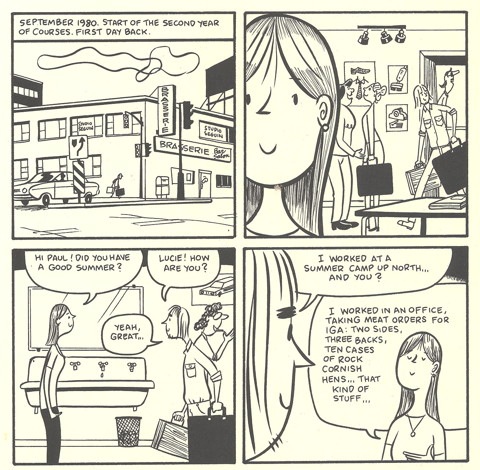

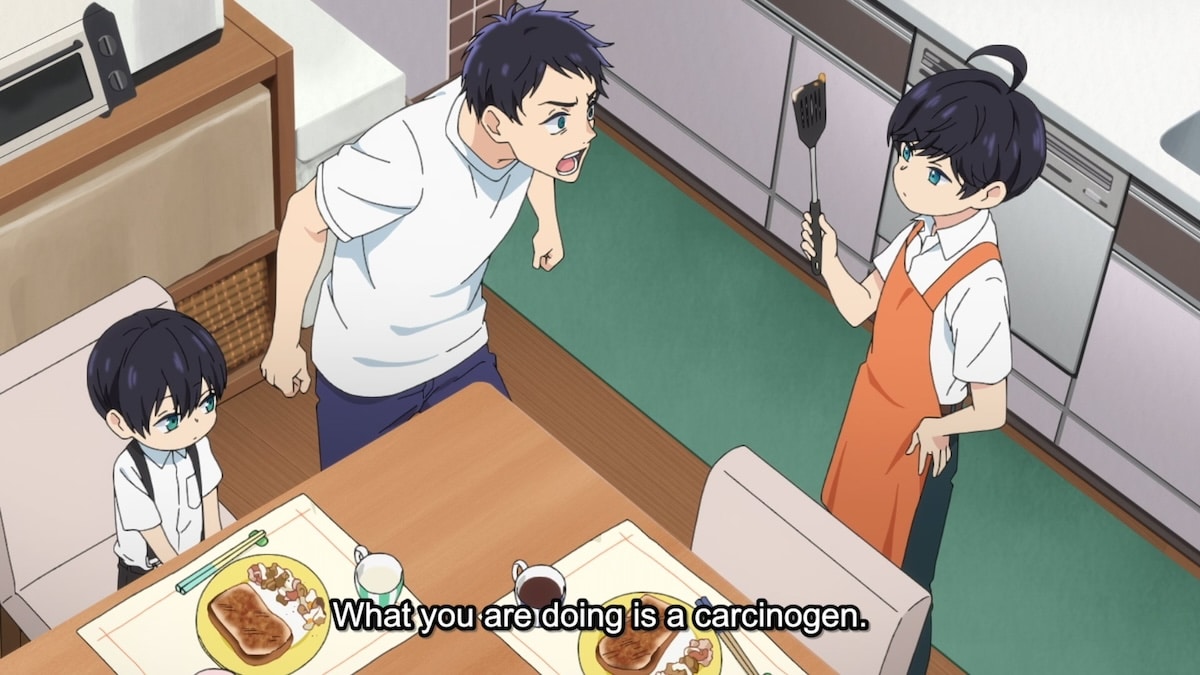
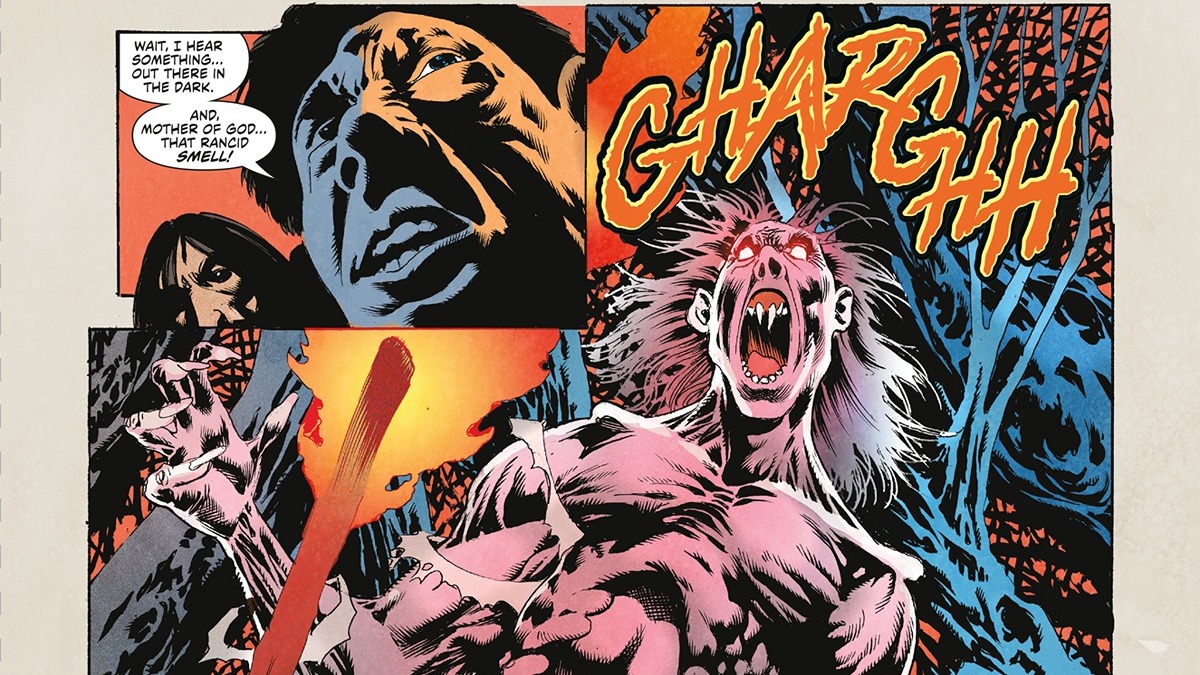
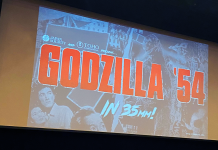
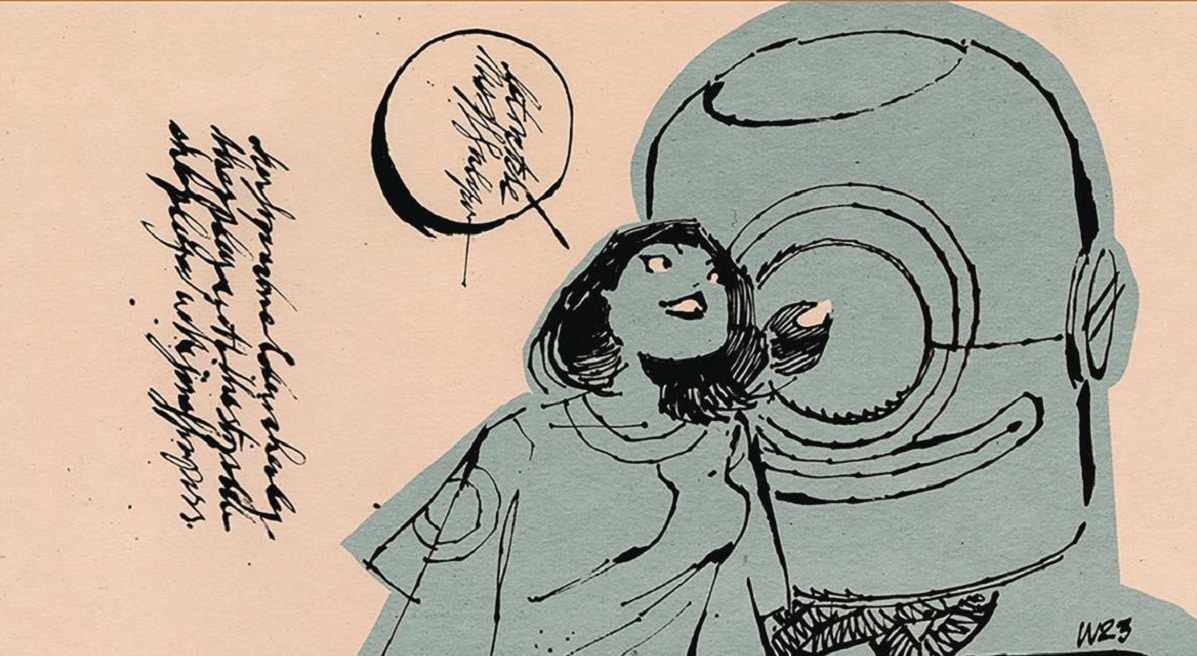

I’ve really enjoyed the PAUL… books over the years. I keep thinking I’ve missed one, but until and unless I get the mess in my house organized, I’ll never be sure which one.
But I’m eager to read PAUL JOINS THE SCOUTS. These are just fun, warm, involving books.
He Simptons is my favorite show… typo.
I’m another big “Paul” fan–looking forward to the new book!
I’m also a PAUL fan. I know I have a handful of his books but I need to make of list of what he’s done vs. what I own and get whatever I’m missing.
I got to buy the latest Paul book from Michel @TCAF and I’m pleased to say Michel is a really nice, down to earth guy. Meet him if you get the chance, you won’t be disappointed.
My rule for “great television” is that the episodes must be memorable.
Now that depends on when you watched the show. I think “Gilligan’s Island” is great comedy because the episodes are memorable, but if I watched it as an adult for the first time, I’d probably lose interest. But watching it as a kid after school? Great stuff.
Tracey Ullman should have made the list. WKRP? Twilight Zone (1985)?
Comments are closed.